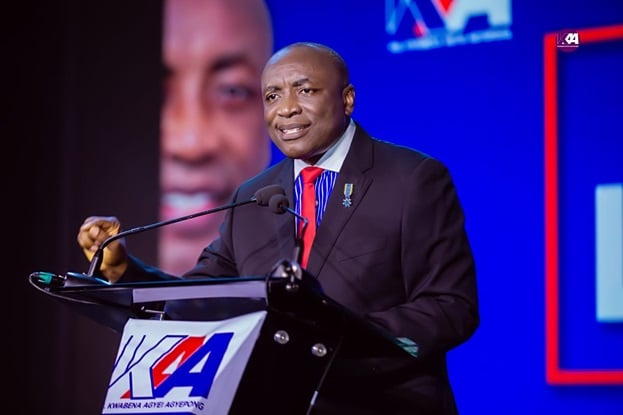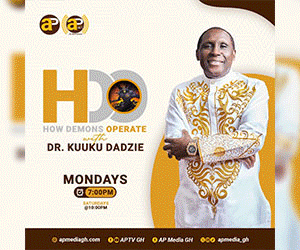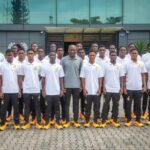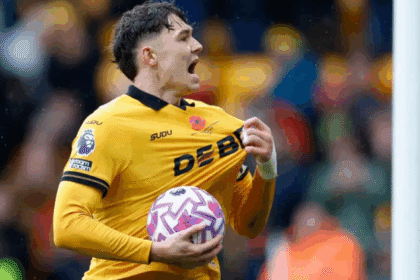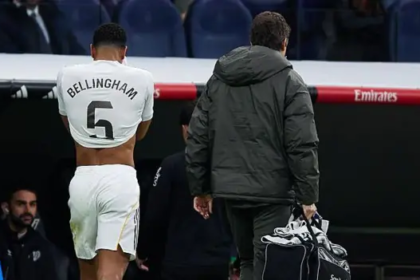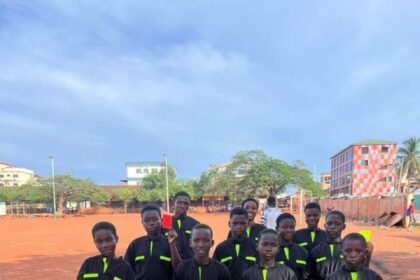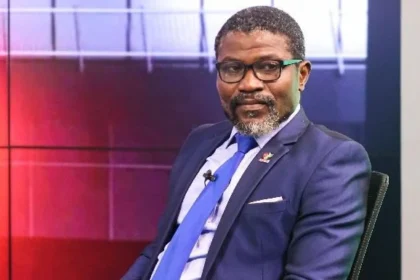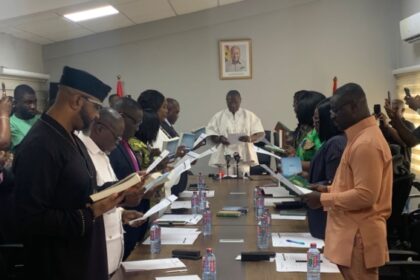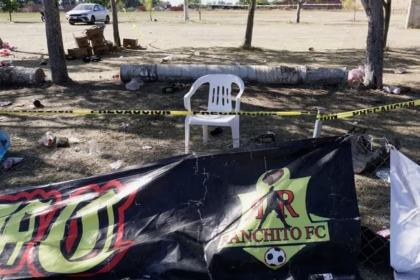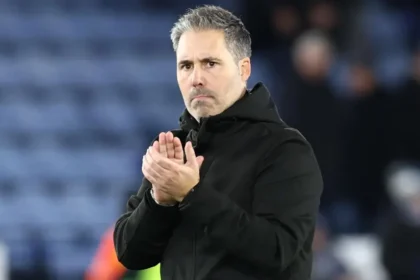New Patriotic Party (NPP) presidential aspirant, Kwabena Agyepong, has expressed concern over the growing dominance of individually-owned clubs in the Ghana Premier League, warning that the trend is eroding the traditional community spirit that once defined local football.
According to Agyepong, the increasing number of clubs founded or taken over by private individuals is undermining the organic connection between football teams and their local fan bases—a key element in the sport’s popularity and sustainability.
In the ongoing 2025/26 Ghana Premier League season, eight clubs are classified as non-traditional, meaning they lack deep-rooted community ties and are either owned or established by individuals.
One such example is Techiman Eleven Wonders, who recently returned to the top flight after three years. The club was acquired by Richard Attipoe, a member of the Oti Regional Council of State, who had previously bought and rebranded Wa All Stars as Legon Cities FC. That club, after a few years in Accra, has now been relegated to the second division, with Attipoe personally funding its operations.
Speaking to Luv FM, Agyepong criticised this shift in club ownership, stating that it has made many Premier League teams unrecognisable and disconnected from the very communities that once supported them.
“All football is linked to community. The problem we have in our Premier League is that there are too many individual clubs now—that has been the bane,” Agyepong said.
“All these so-called one-man clubs. They all had traditional clubs they were supporting. Why can’t they go back and support Hearts of Oak, Okwawu United, Asante Kotoko, Olympics, Hasaacas, Savannah Stars, Agona Fankobaa FC, etc.?”
“We used to have traditional teams linked to communities. Sports is supposed to be community-based. There are certain teams in the Ghana Premier League now that, by their name, I can’t tell where they play or who their supporters are. It has lost that organic love that football should have.”
Agyepong also lamented the wider economic impact of Ghana’s struggling football ecosystem, noting the collapse of commercial activity that once thrived around local match days.
“Gone were the days when Kotoko was playing in Kumasi—State Transport Corporation was making money, lining up 30 buses to send fans to the stadium. Food vendors, hotels, and other businesses around the stadium were booming. That’s all collapsed,” he said.
Emphasising the economic potential of football, he called for a strategic and deliberate effort to revive the local game.
“Sports can generate jobs—it has a big economy. Look at the English League and the money they spend in the transfer window. It’s big business. We must take a very deliberate stance on rebuilding our game. It’s the passion of our country. Ghanaians love their football.”




